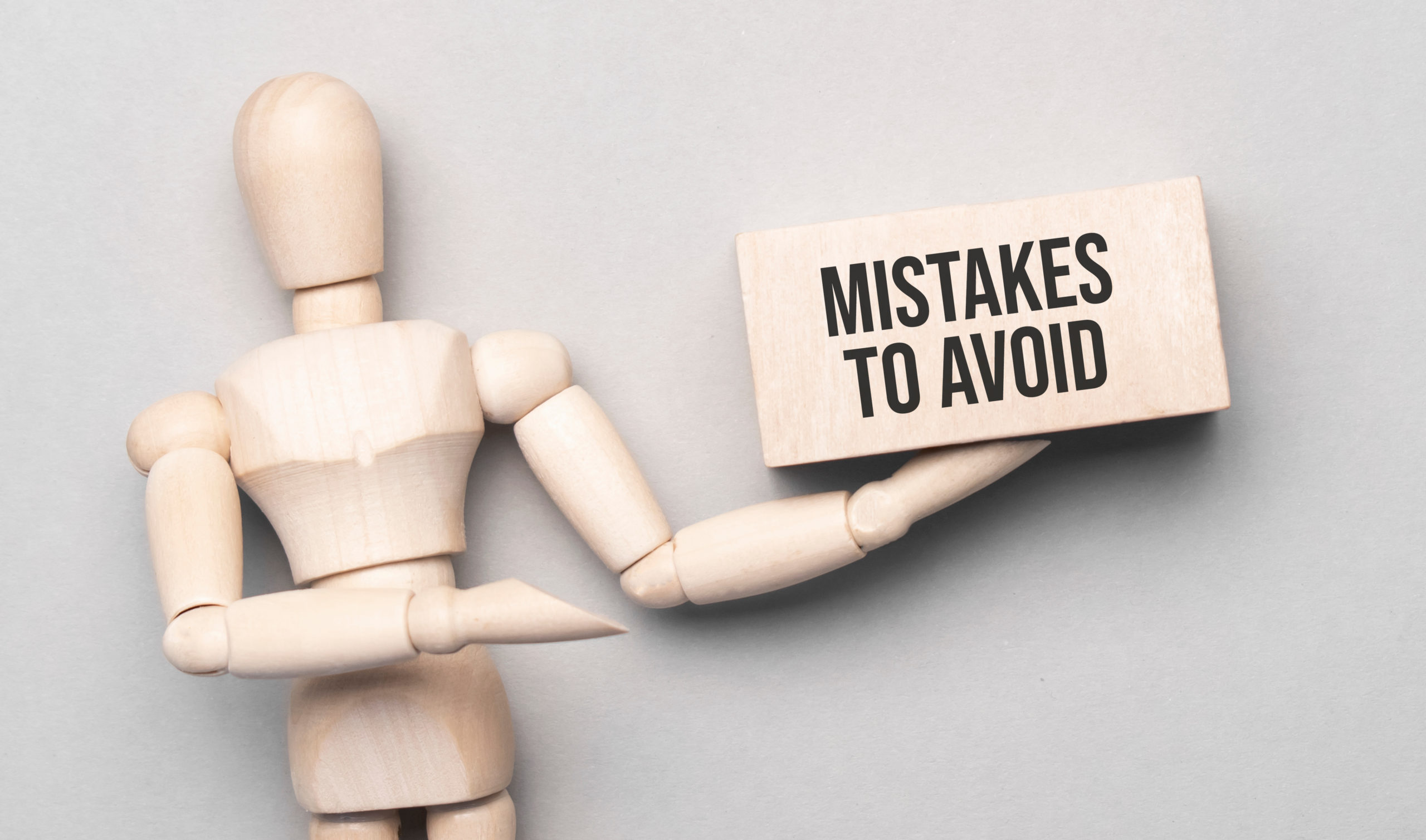Gentle Reader,
I made a mistake in my last offering here. I received a kind email pointing it out, and I was grateful to the Reader.
Court opens with the words “Oyez oyez,” not “Oyea oyea.” I knew the correct spelling but learned that it was French from that email. I only speak a little French, mostly fries, toast, and Parlez-vous Anglais? That was enough to get me around France, but it doesn’t get me around speech-to-text very well. Paired with my barely serviceable proofreading skills, I goofed last month. My apologies, and thanks to those who pointed it out to me. The best way to find a mistake is to file the pleading that contains it or send an essay to this newspaper and read it afterwards. In my defense, I did catch the “ah yeah” in an early draft.
I don’t know if I make fewer mistakes than I did in my early days of practice, but I am much more comfortable admitting them now. No less embarrassed when they happen, but quicker to acknowledge the errors. Overcoming the inclination to ignore or deny a mistake takes a lot of work and I have been unfortunate enough to get lots of practice.
Last month, I had a hearing that I didn’t expect to go well. To make matters worse, I noticed a mistake in my briefing to the Court while I waited to be heard. My cut-and-paste skills are worse than my French, it seems. I pointed out my misstatement to the Judge before beginning my argument. I’m not sure if he had noticed the mistake, but he seemed to appreciate the candor.
My second mistake that day was the best one. Even though I figured the hearing wasn’t going to go my way, I pressed on. I didn’t compound my assumption of losing with giving up or not even showing up. To my surprise, things went better than I dared hope they would and my client won.
I was on a lot of sports teams as a youth. I spent more time on the bench than in the game as my coordination was worse than my proofreading is now. When I did get into a game, the outcome was usually already decided, but I learned to play hard until the end. That mentality stayed with me, fortunately.
Will Scotsen and I were talking about mistakes during a trial some years ago. We were trying a case in a rural courthouse. The court clerk told us that, “Juries out here wouldn’t pay a nickel to watch an ant eat a bale of hay. I don’t mean a square bale either, I mean a big round one.”
For those of you who don’t know, there is a ton of difference in those two types of hay bales. Literally. Not that it mattered to the jurors, they didn’t toss nickels around freely. We started to think that our goof was in taking the case at all.
We closed our case with low expectations. Will and I had a late dinner while the jurors deliberated- nothing gets a jury to announce a verdict faster than when the lawyers leave the building and order something to eat. Usually, plates arrive at the table the same time as the bailiff comes to take us back to the courtroom. We finished our meal while picking apart everything we did wrong that day. We finally ran out of miscues (or at least energy to dissect them) about three hours later, but still no verdict.
Ultimately, that jury may have been cheap, but they were even more stubborn and stayed out until about 11 p.m. They couldn’t agree on a verdict and announced that they were hung up.
We left the courthouse feeling dejected and we had to try the case over to boot. Had we talked to the clerk beforehand or known how our day was going to go, we might have turned the case down. As it was, we won for our client the second time we tried his case.
Trying cases against much bigger law firms and better funded opponents, the “push through” mentality is critical. Many lawyers I admire have stories about winning lost cause cases, and I have a few of my own. Whether the difficulty is bad facts, bad choices, or simple mistakes, refusing to give up is often the crucial difference maker. Even when it isn’t, we feel better knowing we didn’t quit.
I was described as “often in error, seldom in doubt” early in my career. These days, the errors are still fairly common but the doubt has increased. Doubt can be crippling to trial lawyers. I have to remind myself to push through the doubt sometimes. I rarely regret the effort.
I was fortunate to grow up in a world where cell phone cameras didn’t exist. Most of my early gaffes weren’t public. Some of them are still burned in my memory nonetheless. I am going to high school reunion this week and will no doubt hear about some of the more memorable miscues. I’m sure I could write a book about the stupid things I have said or done. Here is hoping I can keep it down to one volume.
©2022 With All Due Respect. Spencer Farris is the founding partner of The S.E. Farris Law Firm in St Louis, Missouri. Among other mistakes, he regrets his choice of neckties today-nothing goes with a gravy stain. Comments or criticisms about this column may be sent c/o this newspaper or directly to me via email at farris@farrislaw.net.

